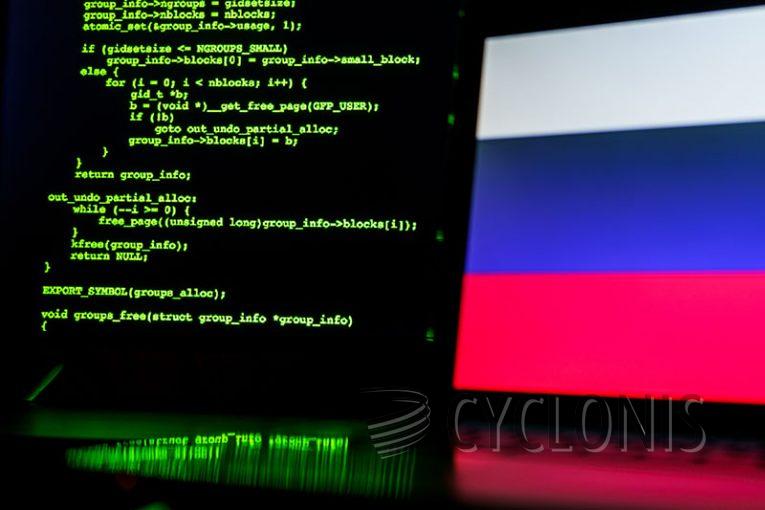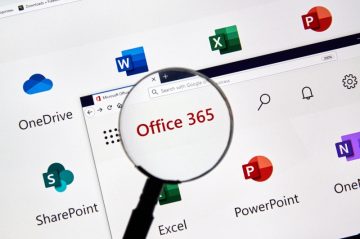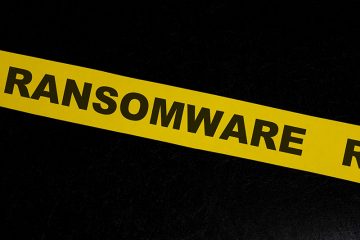Russian-Based Hack Breaches Microsoft's Core Software Systems

Amid escalating concerns over cybersecurity breaches, Microsoft disclosed ongoing efforts to expel elite Russian government hackers who infiltrated email accounts belonging to senior company executives in November. The breach, unveiled in mid-January, has raised significant alarm as the hackers persist in their attempts to breach customer networks using stolen access data.
Main Points to Know:
Source: VOA News
- Microsoft disclosed an intrusion by hackers from Russia's SVR foreign intelligence service in mid-January.
- The hackers utilized data obtained from the intrusion to compromise source-code repositories and internal systems.
- Cryptographic secrets such as passwords, certificates, and authentication keys were stolen from email communications between Microsoft and unspecified customers.
- Microsoft acknowledged the sustained commitment and significant resources employed by the threat actor, potentially leveraging obtained data to enhance future attacks.
- Cybersecurity experts highlighted the national security implications of the breach, particularly concerning supply chain attacks against Microsoft's customers.
- The incident underscores concerns regarding heavy reliance on Microsoft's software and its global cloud network.
- The hackers, identified as Cozy Bear, were previously linked to the SolarWinds breach.
According to Microsoft's disclosure, hackers from Russia's SVR foreign intelligence service leveraged data obtained from the intrusion to compromise source-code repositories and internal systems. This breach extends beyond mere email access, as cryptographic secrets like passwords, certificates, and authentication keys were pilfered from email communications between Microsoft and unspecified customers.
Acknowledging the sustained commitment and significant resources employed by the threat actor, Microsoft underscored concerns about potential leverage of obtained data to enhance future attacks. This revelation drew attention from cybersecurity experts, who highlighted the national security implications of the breach, particularly concerning supply chain attacks against Microsoft's customers.
The incident also reignited discussions about the heavy reliance on Microsoft's software and its global cloud network, underscoring vulnerabilities in interconnected digital ecosystems.
The hackers, identified as Cozy Bear, were previously linked to the SolarWinds breach, amplifying concerns about the depth of their infiltration and the challenges in containing such sophisticated attacks. While Microsoft initially managed to remove the hackers' access from compromised accounts in mid-January, the breach's persistence suggests a more entrenched threat than previously thought.
This disclosure comes amidst growing regulatory scrutiny, with a new U.S. Securities and Exchange Commission rule compelling publicly traded companies to disclose breaches that could negatively affect their business. As investigations continue and concerns regarding cybersecurity practices emerge, the incident prompts reflection on the broader landscape of digital security and the urgent need for robust defenses against evolving threats.








